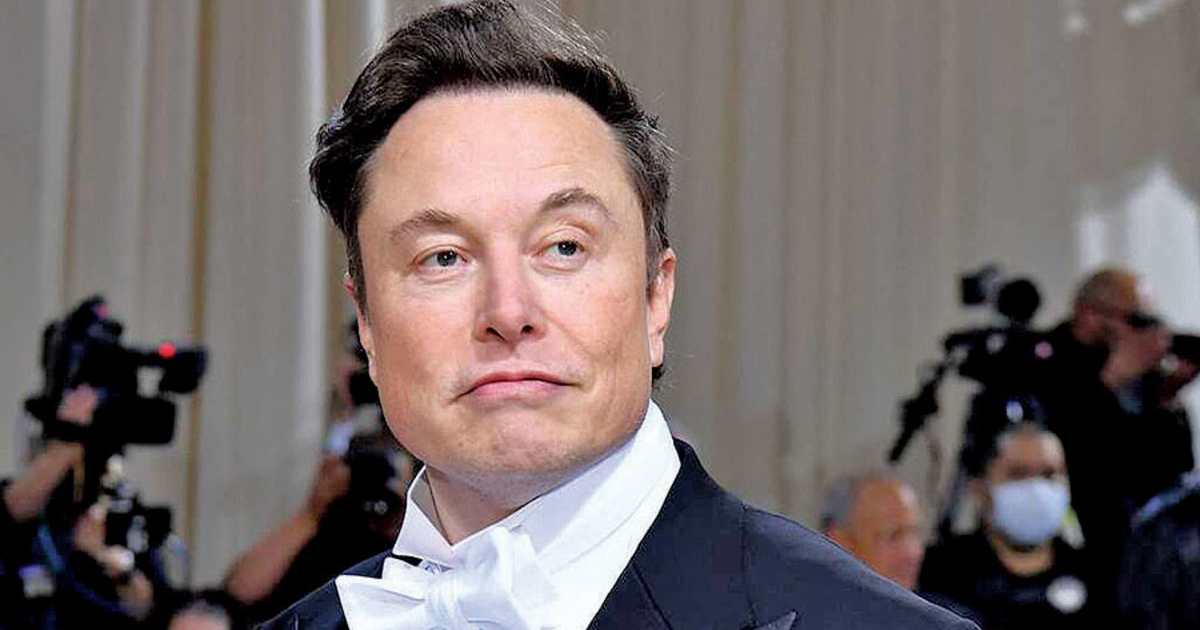
Elon Musk, Tesla Inc.’s chief executive, took the stand on Friday in a jury trial over his 2018 Twitter post that he had “funding secured” to take the electric carmaker private, which shareholders allege cost them millions in trading losses.
Musk’s testimony began with questions about his use of Twitter, the social media platform he bought in October. He called it the most democratic way to communicate but said his tweets did not always affect Tesla stock the way he expected.
“Just because I tweet something does not mean people believe it or will act accordingly,” Musk told the jury in San Francisco federal court.
Musk, known for combative testimony, is expected to address why he has insisted he had Saudi investor backing to take Tesla private, which never occurred, and whether he knowingly made a materially misleading statement with his tweet.
The case is a rare securities class action trial and the plaintiffs have already cleared high legal hurdles, with U.S. Judge Edward Chen ruling last year that Musk’s post was untruthful and reckless.
Shareholders alleged that Musk lied when he sent the tweet, costing investors.
Tesla investor Timothy Fries told the jury on Friday that he lost $5,000 buying Tesla stock after Musk sent the tweet at the center of the lawsuit.
Fries said that “funding secured” meant to him that “there had been some vetting, some critical review of those funding sources.”
Musk’s attorney, Alex Spiro, told the jury in his opening statement Wednesday that Musk believed he had financing from Saudi backers and was taking steps to make the deal happen. Fearing leaks to the media, Musk tried to protect the “everyday shareholder” by sending the tweet, which contained “technical inaccuracies,” Spiro said.
Guhan Subramanian, a Harvard Law School professor, told the jury that Musk’s behavior in 2018 was “unprecedented” and “incoherent” in structuring a corporate deal because he went public with his intent to buy Tesla without proper financial or legal analysis.
A jury of nine will decide whether the tweet artificially inflated Tesla’s share price by playing up the status of funding for the deal, and if so, by how much.
The defendants include current and former Tesla directors, whom Spiro said had “pure” motives in their response to Musk’s plan.